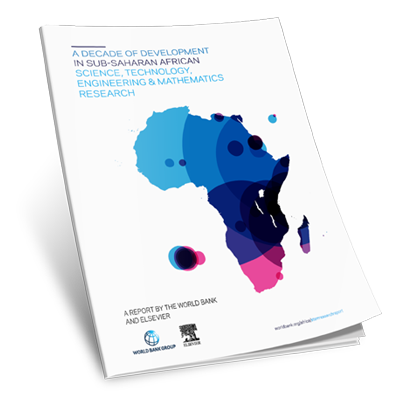Voluntary standards are gaining in importance in global markets for high-value foods. We analyze and compare impacts of three sustainability-oriented standards - Fairtrade, Organic, and UTZ - on the livelihoods of smallholder coffee farmers in Uganda. Using survey data and propensity score matching with multiple treatments, we find that Fairtrade certification increases household living standards by 30% and reduces the prevalence and depth of poverty. For the other two certification schemes, no significant impacts are found.
This paper examines the effect of age of marriage on women's schooling outcomes for 36 countries from Sub-Saharan Africa and South West Asia. We employ an instrumental variable approach to account for the endogeneity of early marriage driven by socio-economic and cultural factors. Our results show that delaying early marriage by one year is associated with an increase of half a year of education in Sub-Saharan Africa and nearly one third of a year of education in South West Asia as well as a lower likelihood of dropping out from secondary school of 5.5% in South West Asia.

